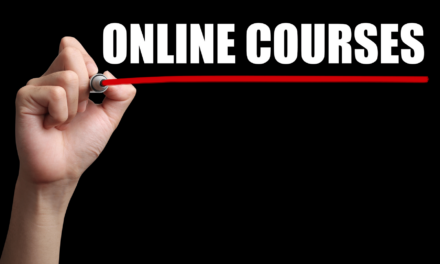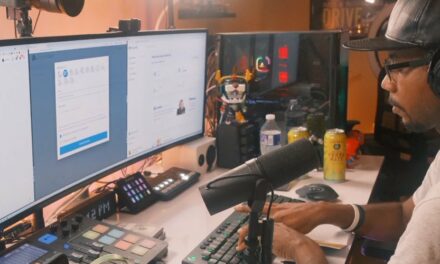Brian Fanzo, founder of ISocialFanz and host of the NFT 365 Podcast, has spent almost a dozen years in the creator economy. The successful content entrepreneur and Creator Economy Expo speaker confessed what he should have done differently in the first decade.
With Brian’s permission, we’re sharing his thoughts.
For the last decade, I built my business in the creator economy. Although creator entrepreneurship is trendy at the moment, the business model and grind are much more challenging than most creators realize.
@BrianFanzo shares five mistakes he made in his first decade as a #CreatorEntrepreneur. Share on XHere are five mistakes I made as a full-time creator between 2013 and 2023.
1. Not prioritizing the need for multiple business models as an omnichannel creator entrepreneur.
I monetized my social content, thought leadership, podcast sponsorship, brand partnerships, influencer marketing, and public speaking with unique media kits. However, I did not have individual business plans or definitions of success.
2. Building my personal brand as if it were a niche.
Riches are in the niches, but you can succeed without a niche. It requires a different approach.
For me, I tried to niche down multiple times as a creator, and it stifled my creativity and had me concerned with siloing my view. So, I opted to build my personal brand. This was smart, but I tried to monetize and grow it like those creator businesses with a niche, which didn’t work.
Creators on “team no niche” must understand the power and importance of standing out with their personal brand, but be very clear with how people can work with you. Also, just because you don’t have a niche doesn’t mean you can come across as chaotic and confusing.
Creators who build their businesses without a niche can't use the monetization model as those who do, says @BrianFanzo. #CreatorEconomy Share on X3. Allowing other creators and friends with a different business model to influence and create impostor syndrome within my strategy and approach.
You must separate and even adapt your social media to prevent the “must-be-nice” feeling when your peers find success but don’t share your views or strategy. It took me years to realize I could support my peers without them influencing my business and follow a small group of creators. If they are pivoting or adapting, I will notice as they share my vision for success and have similar priorities.
4. Thinking I could “own the audience” instead of giving them a home.
You will never “own your audience” even if they sign up for your email newsletter. You must give your audience a HOME where you provide consistent communication.
You will never own your audience. You must give them a home, says @BrianFanzo. #ContentEntrepreneur Share on XYes, I wish I created an email newsletter earlier, but I also hate email, and because of that, it held me back. Instead, I should have looked at having a private community and/or premium option for super fans to always stay in the know.
5. Doing work for no fee but not free
You can find value for your work in many ways beyond getting a fee. If you don’t ask for things like being included in the newsletter, featured on the website, better stage, or promise contractually for future work, you’ll always be taken advantage of.
What do you think? What things do you wish you had done differently as a content entrepreneur? Tag us on social (#TheTiltNews).
About the author
Brian Fanzo is a digital futurist keynote speaker who translates the trends of tomorrow to inspire change today. His customized and personalized programs showcase real-world stories and examples of forward-thinking people and businesses. He teaches companies of all sizes how to leverage technology in real time to engage their customers at the right time. Brian has a gift for bringing people together online and offline. He has worked in 76 countries, highlighting his passion for change, collaboration, and technology. Brian also hosts the NFT 365 podcast.











